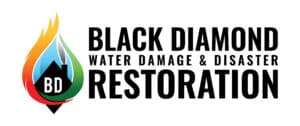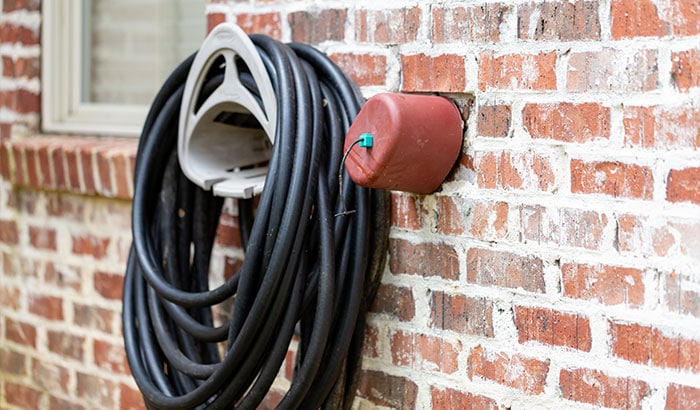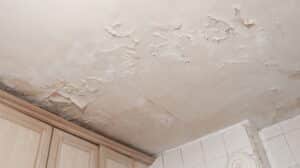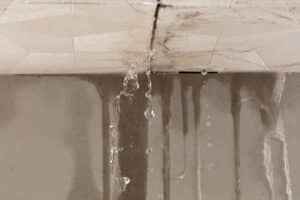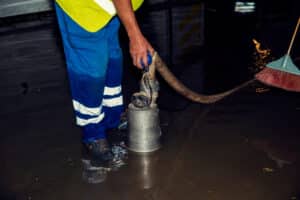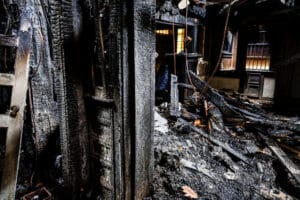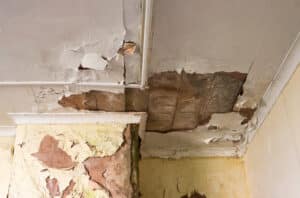There’s a chill in the air, and the nights are getting colder as we approach winter and frozen pipes become a real concern. Basement pipes or exposed outdoor pipes are especially susceptible to freezing and can even burst when frozen under the right circumstances.
Here’s a look at how to avoiding having your pipes freeze and an action cheat sheet for times when they do freeze.
How to Prevent Frozen Pipes
Preventing frozen pipes isn’t complicated, but it does take some work before winter hits. Follow these recommendations to help keep your pipes from freezing this winter:
- Insulate susceptible pipes using pipe insulation.
- Have a reliable backup power source in case of a power outage.
- Don’t turn your heat off, even if you’re heading out of town. Avoid letting the temperature in your home ever fall below 55 degrees Fahrenheit.
- Drain your sprinkler lines before winter.
- Let your faucets run during extremely cold spells. Allowing water to move through the pipes helps resist freezing and, if it does freeze, relieves some of the pressure, so the pipes are less likely to burst.
- Leave cabinet doors open when it gets cold to allow warmer air to move around the pipes and discourage freezing.
- Disconnect hoses from outdoor spigots and turn off the water supplying them.
Frozen Pipes Action Cheat Sheet
Even when you’ve taken every possible precaution, sometimes pipes still freeze. If that happens, carefully go through the following steps:
- Open the affected water faucets. As the ice melts and the pipes thaw, the water will need a place to run. Leaving the faucets open will also help speed up the thawing process and get your water moving more quickly.
- Gently apply heat to the frozen pipe, if you can access it. A frozen pipe in the basement, garage, or right outside your home can be thawed by wrapping a heating pad around it (don’t leave it unsupervised) or wrapping it in towels soaked in hot water.
*Note: Avoid using space heaters, blowtorches, or any open flame to thaw the pipes as this presents a serious fire hazard.
- Keep applying heat until water flows freely. If you’re using wet towels, you might need to switch them out a few times. Once the water flows freely again, keep the faucet open for a few minutes while you check the other pipes in your home for signs of freezing.
- If the frozen pipe is located inside of an exterior wall, call a professional immediately. A burst pipe in an exterior wall could lead to serious foundational problems in your home. Don’t attempt to thaw these pipes on your own.
Black Diamond Water Damage & Disaster Restoration Is Here
If frozen pipes lead to floods and disasters, Black Diamond Water Damage & Disaster Restoration is here to help. Our expert team of restoration specialists truly cares about each and every customer and works to provide the best reconstructive services to get you back to living comfortably. We provide water damage restoration, mold remediation, sewage cleanup, 24/7 emergency services, and more to homes and businesses in Murray, Utah, and the neighboring cities. Call us whenever disaster strikes.
